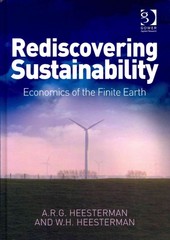Question
Consider the following version of the continuity axiom. If A is preferred to B is preferred to C, then there exist some probabilities p and
Consider the following version of the continuity axiom. If A is preferred to B is preferred to C, then there exist some probabilities p and q such that gamble 1 is preferred to B is preferred to gamble 2, where in gamble 1 there is probability p of getting A and probability 1-p of getting C, and in gamble 2 there is probability q of getting A and probability 1-q of getting C. Suppose A = $10,000,001, B = $10,000,000, C = 50 years in prison.
a. Do you think it is really true that there are any values of p and q such that preferring gamble 1 to B and preferring B to gamble 2 really describes your preferences?
b. Psychological studies suggest that most people cannot distinguish between very small probabilities, i.e., that their preferences over gambles in which there is a small probability of a very bad outcome are unaffected by exactly how small the probability is. Does this show that there is something wrong with von Neumann and Morgenstern's theory?
Step by Step Solution
There are 3 Steps involved in it
Step: 1

Get Instant Access to Expert-Tailored Solutions
See step-by-step solutions with expert insights and AI powered tools for academic success
Step: 2

Step: 3

Ace Your Homework with AI
Get the answers you need in no time with our AI-driven, step-by-step assistance
Get Started


